HEARING LOSS
Can Allergies Affect Your Hearing? Symptoms, Causes & Treatment
By Team Hearzap | May 16, 2025
Did you know that your allergies could be affecting your hearing? While most of us are familiar with the sneezing, itching, and congestion that come with allergies, many don’t realize that they can also cause symptoms like ear fullness, muffled sounds, and even temporary hearing loss. If you’ve ever noticed your hearing seems off during allergy season, you’re not imagining it.
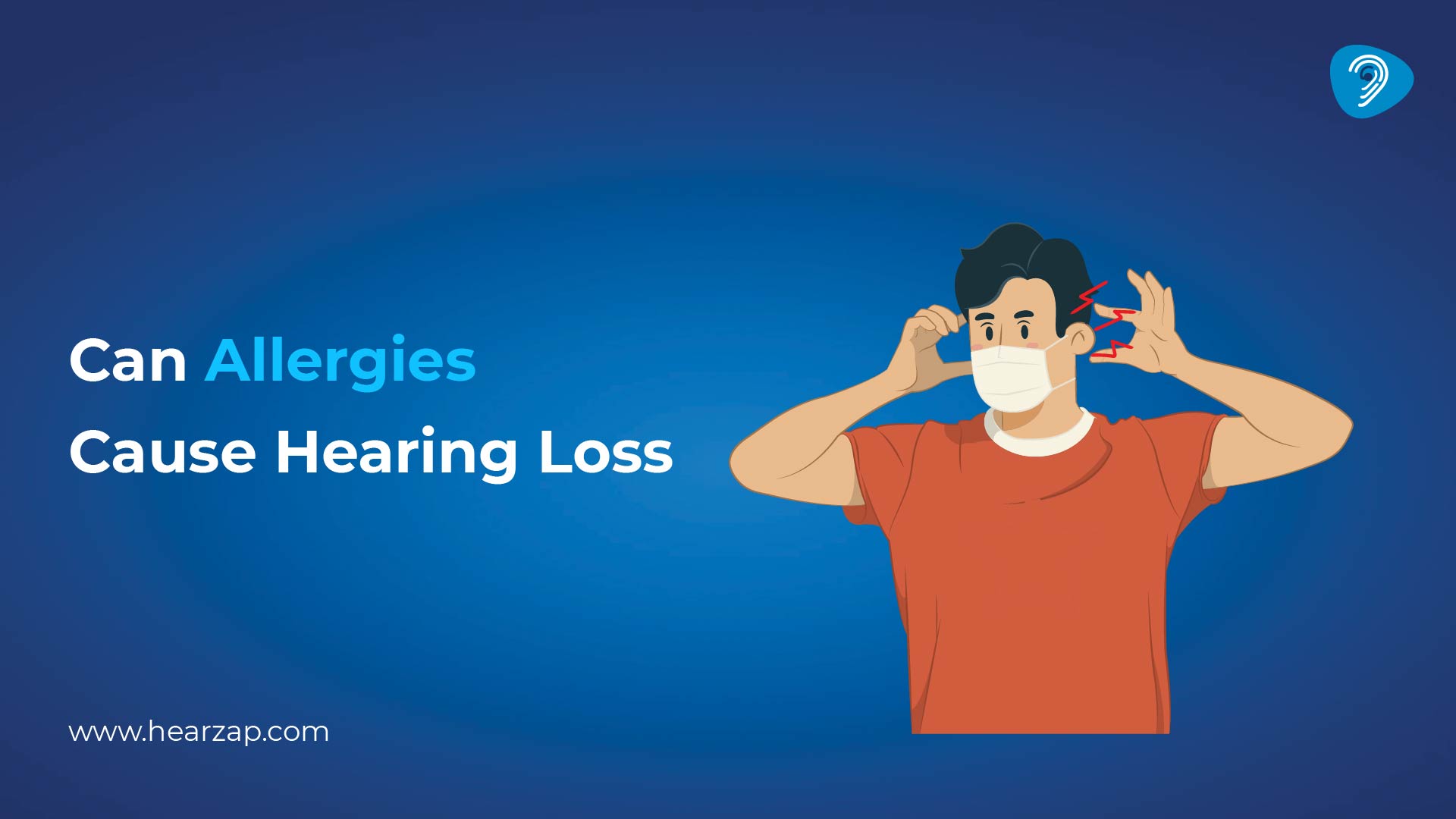
Can Seasonal Allergies Cause Hearing Loss? The Surprising Connection
- When allergies strike, they don’t just cause sneezing and itchy eyes, they can also impact your ears.
- Allergies trigger the release of histamines, which cause inflammation in areas like the nose, sinuses, and ears.
Why the Eustachian Tube Matters
- The Eustachian tube balances pressure in your ears and can get blocked when dealing with allergies.
- When this tube doesn’t work properly, it can cause a feeling of fullness or even temporary hearing loss.
Fluid Buildup and Hearing Changes
- Allergies can lead to fluid buildup in the middle ear, which can make it harder to hear clearly.
- If the fluid stays there for too long, it can lead to ear infections or even serious hearing problems.
Tinnitus and Popping Sound
- Some people experience ringing in their ears (tinnitus) or a popping sensation when they have allergies.
- These sounds happen because the pressure in the ear changes due to inflammation or fluid buildup.
Higher Risks for People With Existing Conditions
- People with ongoing ear problems or sinus infections are more likely to experience worse symptoms when allergies hit.
- Allergies can amplify existing conditions and make hearing problems more frequent.
Temporary Doesn’t Mean Harmless
- While allergy related hearing problems usually go away once the allergies subside, repeated issues could cause long term damage if not addressed.
- It’s important to take care of your ears during allergy season to avoid any lasting effects.
Allergy Symptoms- Ear Fullness, Itching, and Muffled Sound
Ear Fullness
- It is caused when the Eustachian tubes get blocked.
- This can make it feel like your ears are plugged, and sounds may be hard to hear.
Itchy Ears
- If your ears feel itchy during allergy season, it’s because histamines are irritating the sensitive skin inside your ear canals.
- You should avoid scratching your ears because it can lead to an injury or infection. Instead, try using ear drops or consulting a doctor.
Muffled Hearing and Sound Distortion
- Fluid and mucus buildup in your ears can make sounds seem distant or unclear, a problem that happens during allergy flare ups.
- This temporary hearing loss can interfere with conversations and other daily activities.
What Are Popping or Crackling Sounds?
- Popping or crackling sounds in the ear happen when pressure builds up inside and the Eustachian tubes can’t properly equalize it.
- While these sounds are usually harmless, they can be annoying and could indicate a deeper issue.
Allergy Induced Earwax Buildup
- Allergies can also lead to an increase in earwax production, which can cause blockages and worsen hearing problems.
- If you notice a lot of earwax, it’s a good idea to see a doctor to make sure it isn’t causing a problem.
Misdiagnosing Allergy Related Hearing Issues
- Many people mistake allergy related hearing issues for something more serious, like ear infections or permanent hearing loss.
- If you’re unsure, it’s always a good idea to talk to an specialist to get a proper diagnosis.
When to See a Doctor
- If you frequently experience ear fullness, itching, or muffled hearing during allergy season, it’s worth seeing a doctor.
- A quick check up can help confirm whether allergies are causing the issue and what you can do to relieve it.
How to Protect Your Ears During Allergy Season?
Medications
- Antihistamines and decongestants are great for reducing allergy symptoms, including ear pressure.
- These medications can help clear nasal passages and reduce inflammation in the ear area.
Nasal Sprays
- Using nasal sprays can help reduce swelling in your nasal passages and make it easier for your ears to drain properly.
- They can also relieve pressure that may build up in the Eustachian tubes, making your ears feel more comfortable.
Reduce Allergen Exposure
- To keep your allergy symptoms under control, try to stay indoors when pollen levels are high, and keep windows closed.
- Consider using air purifiers and changing your clothes after outdoor activities to reduce allergen exposure.
Change After Outdoor Activity
- After spending time outdoors, take a shower and change your clothes to get rid of any pollen or dust that may have stuck to your body
Don’t Scratch, Soothe Instead
- Instead of scratching your itchy ears with cotton swabs or fingers, use ear drops for safe relief.
- Scratching can cause injury or infection, so it’s best to leave it to the experts.
Stay Hydrated and Practice Nasal Hygiene
- Drinking plenty of water can help thin mucus and make it easier for your body to get rid of it.
- Saline nasal sprays can help flush allergens out of your nasal passages, giving you relief from congestion and ear pressure.
See a Specialist
- If your symptoms don’t improve with treatments, or if they get worse, it’s time to see a specialist.
- An ENT can help with more advanced treatments, such as allergy testing or immunotherapy, to provide long term relief.
Related Blogs
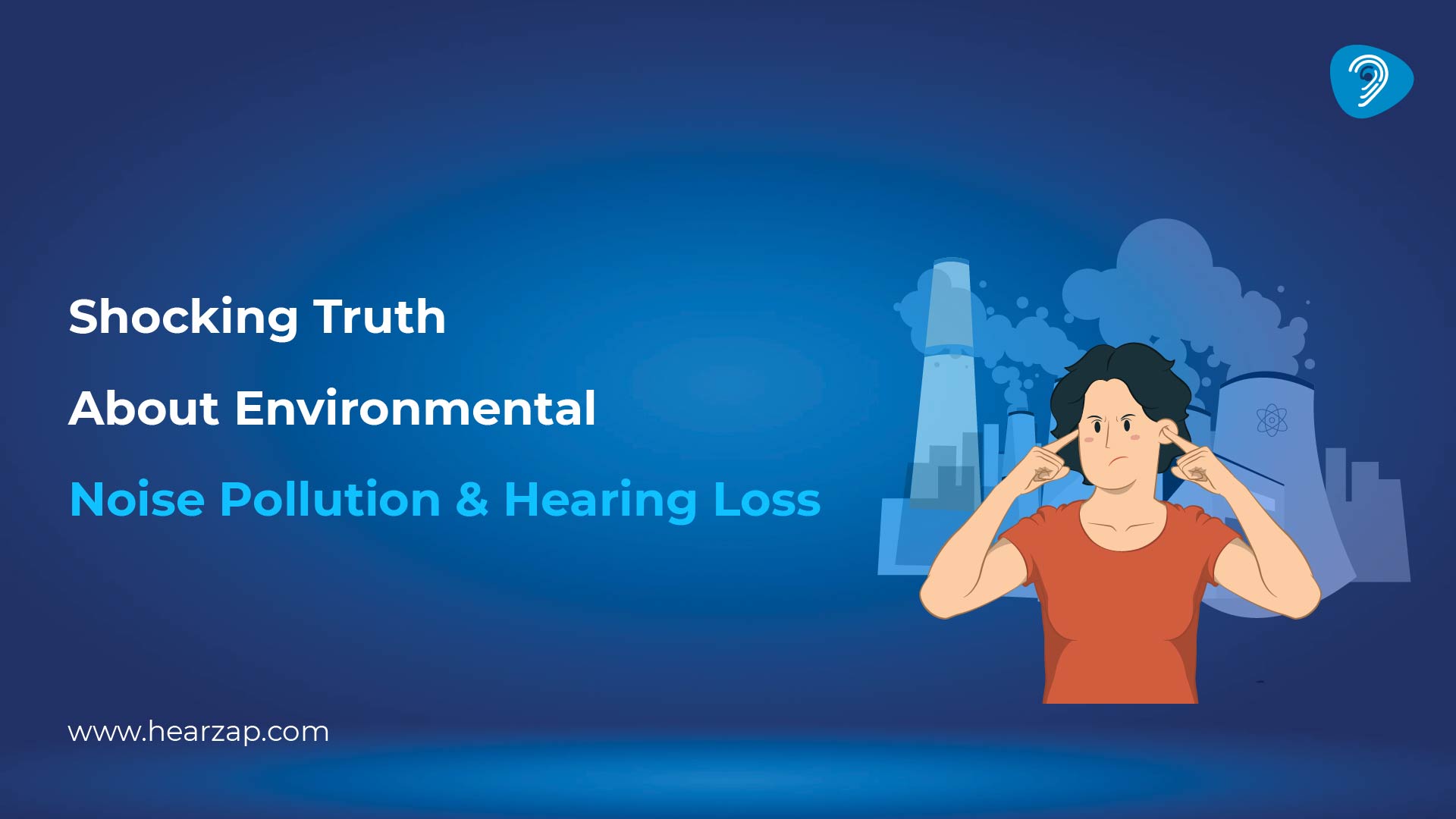
Shocking Truth About Environmental Noise Pollution & Hearing Loss
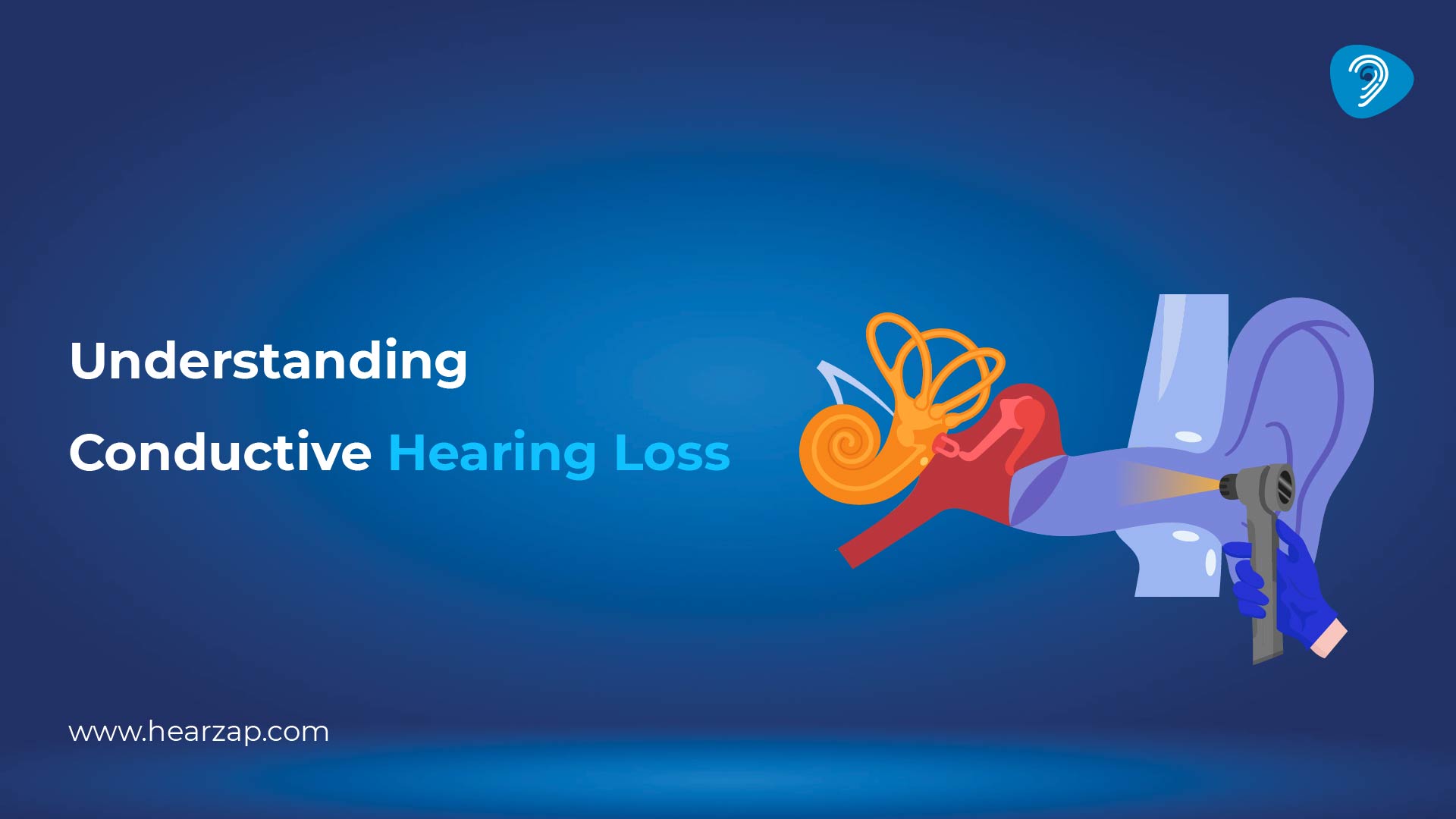
Conductive Hearing Loss: Symptoms, Diagnosis & Treatments
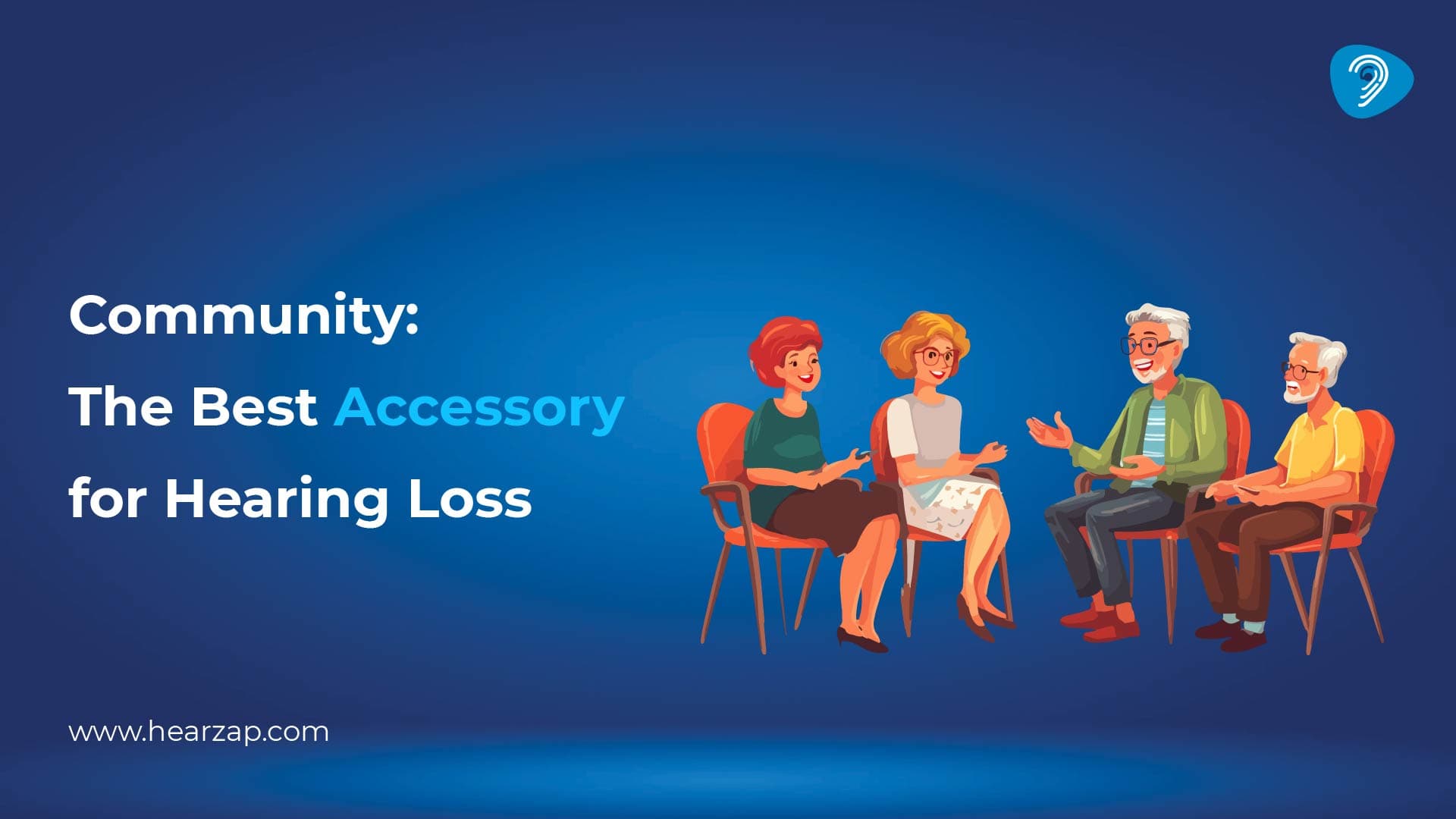
The Benefits of Community Support Groups for Hearing Loss
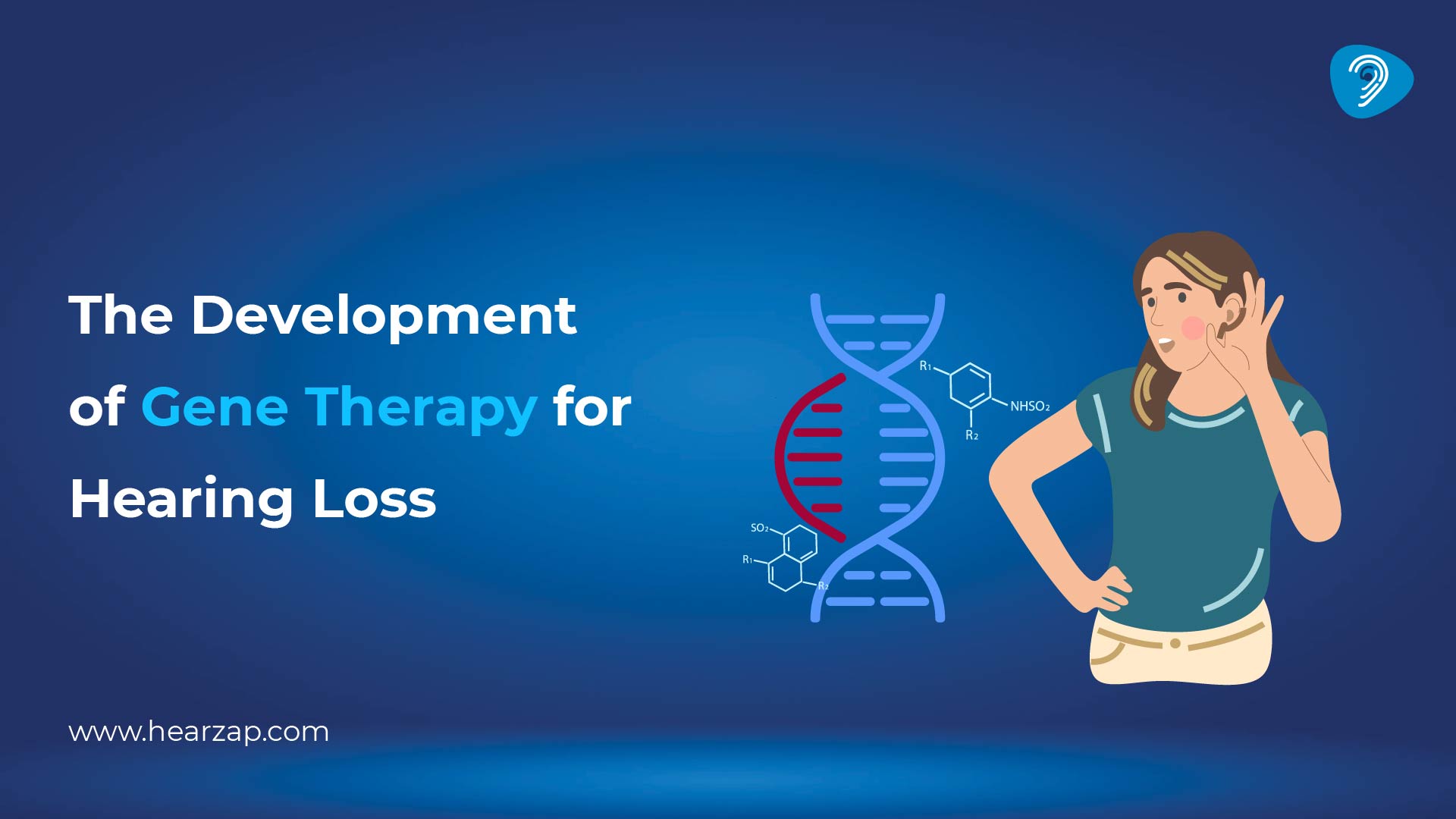
Development of Gene Therapy for Hearing Loss
Contact us
We are here for all your hearing needs, from hearing tests to hearing aids. Fill out the form below, and we will give you a call soon.
Please enter a valid mobile number with 10 digits.
Recent Blogs
By None | Feb. 20, 2026
By None | Feb. 16, 2026
By None | Feb. 9, 2026
By None | Feb. 7, 2026
By None | Feb. 6, 2026









